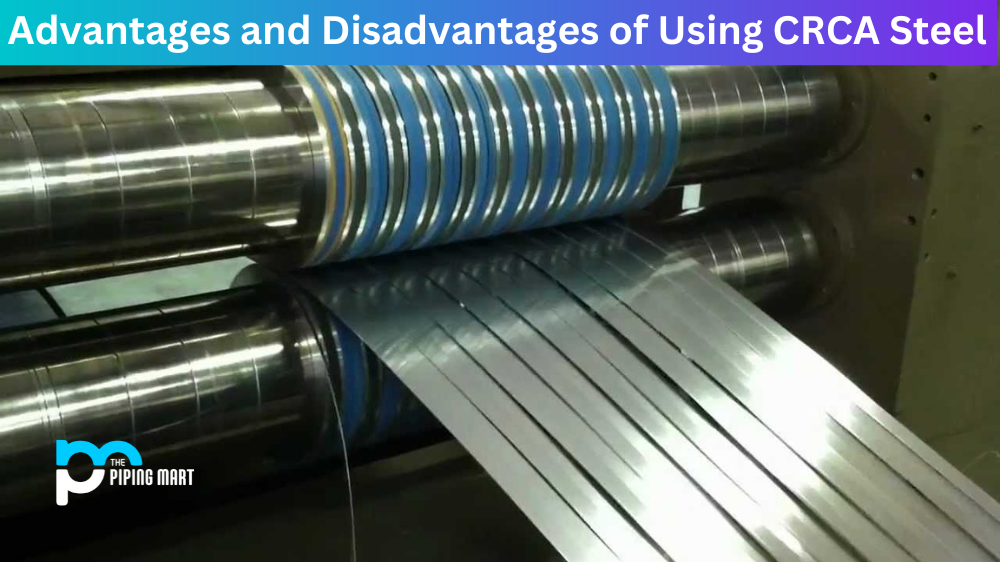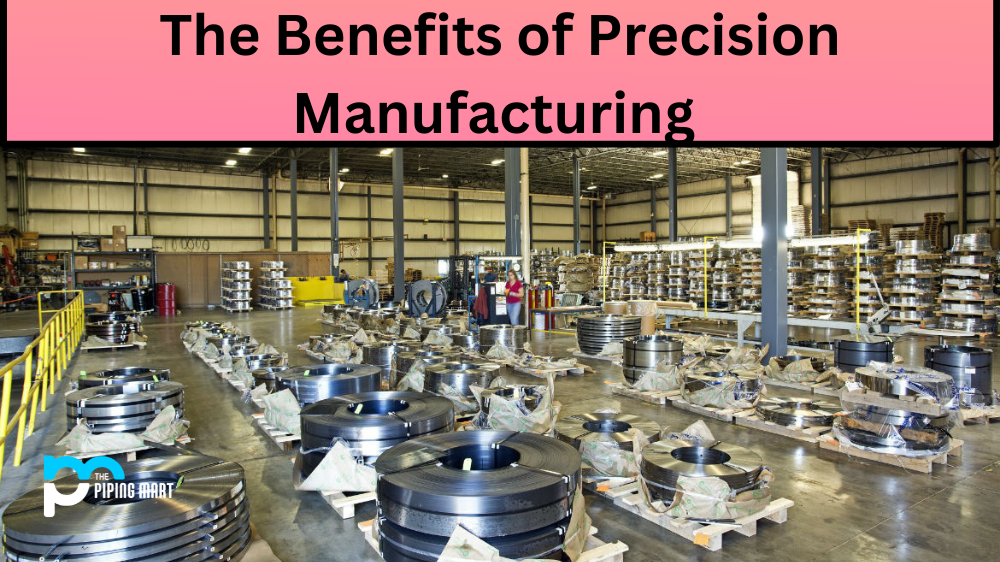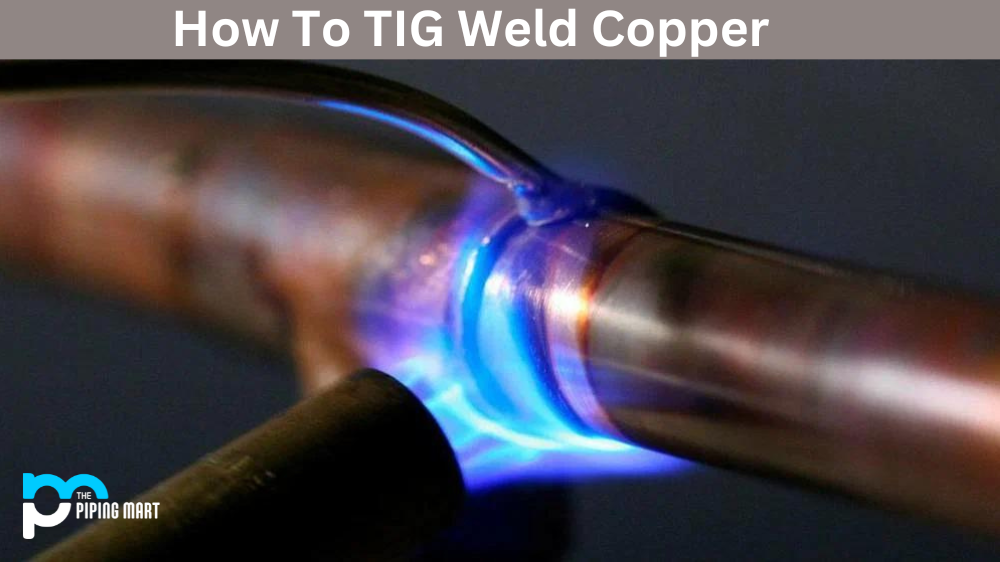CRCA steel is a type of steel that is commonly used for industrial purposes due to its flexibility, strength, and affordability. It stands for Cold Rolled Close Annealed Steel and is manufactured through a series of processes that make it highly durable and corrosion-resistant. However, as with any material, there are advantages and disadvantages to using CRCA steel in industrial applications. This article will explore the pros and cons of using CRCA steel and help you decide whether it is the right material for your industrial needs.
Advantages of CRCA Steel
Durable and long-lasting
One of the main advantages of CRCA steel is that it is highly durable and long-lasting. It can withstand heavy wear and tear and is ideal for industries where machinery and equipment may be subjected to challenging environments.
Resistance to corrosion
CRCA steel is processed in a way that makes it resistant to corrosion. This makes it perfect for use in harsh environmental conditions and applications where exposure to moisture and chemicals is a constant concern.
Excellent strength
CRCA steel has excellent strength, which makes it ideal for use in the construction and manufacturing industries. It can be cut, bent, and shaped without losing properties, making it very malleable and versatile.
Cost-effective
CRCA steel is affordable compared to other materials such as stainless steel or aluminium. This makes it a popular choice in industries where cost is a concern.
Disadvantages of CRCA Steel
Susceptible to damage
CRCA steel is susceptible to damage from heavy impacts or sudden temperature changes. It can become brittle and crack, affecting the product’s or equipment’s integrity.
Limited resistance to heat
CRCA steel has limited resistance to heat, and prolonged exposure to high temperatures can cause it to lose its properties. This makes it unsuitable for use in high-temperature applications.
Not suitable for outdoor applications
While CRCA steel is resistant to corrosion, it is still unsuitable for outdoor applications. Exposure to sunlight and weathering can cause it to rust and deteriorate over time.
Limited availability
CRCA steel is less commonly available than other materials, which may make it difficult to source for specific projects or applications.
Conclusion:
In conclusion, CRCA steel has both advantages and disadvantages when it comes to industrial applications. Its durability, resistance to corrosion, excellent strength, and affordability make it a popular choice for many industries. However, its susceptibility to damage, limited heat resistance, unsuitability for outdoor applications, and limited availability are some disadvantages to consider when choosing the right material for your industrial needs. It is important to weigh both the pros and cons of CRCA steel and consider the requirements of your specific application to make an informed decision that will help you achieve the best results for your project.

Abhishek is a seasoned blogger and industry expert, sharing his insights and knowledge on various topics. With his research, Abhishek offers valuable insights and tips for professionals and enthusiasts. Follow him for expert advice on the latest trends and developments in the metal industry.




